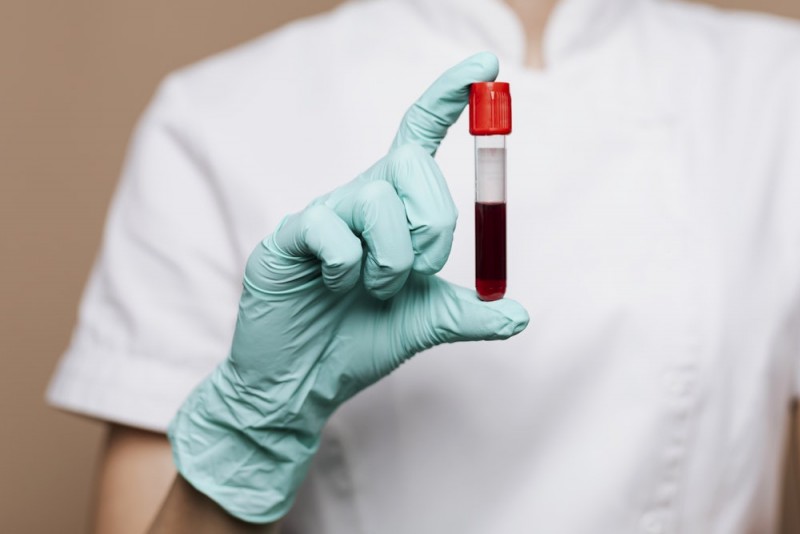
Blood tests, often referred to as blood work, are an integral part of modern healthcare. They play a crucial role in diagnosing various medical conditions, monitoring overall health, and guiding treatment decisions. In this article, we will delve into the world of blood tests, exploring their significance, types, and how they aid in maintaining our well-being.
Blood is a remarkable fluid that circulates throughout our bodies, carrying vital information about our health. Blood tests are used to analyze this information, providing valuable insights into our internal systems. Here's why blood tests are essential:
Blood tests can identify a wide range of health conditions, from common ailments like anemia and diabetes to more complex diseases such as cancer and autoimmune disorders. These tests help healthcare providers diagnose diseases in their early stages when treatment is most effective.
For individuals with chronic conditions like diabetes, high blood pressure, or heart disease, regular blood tests are crucial. They allow doctors to assess the effectiveness of treatments and make necessary adjustments to ensure the best possible outcomes.
Blood tests provide valuable insights into the functioning of vital organs like the liver, kidneys, and thyroid. Abnormalities in organ function can be detected early, leading to timely interventions that can prevent further damage.
Blood tests can measure nutrient levels in the body, helping identify deficiencies and guiding dietary recommendations. For example, vitamin D and iron levels can be assessed through blood work.
Blood tests encompass a wide range of examinations, each serving a specific purpose. Here are some of the most common types:
A CBC measures various components of your blood, including red blood cells, white blood cells, and platelets. It can help diagnose anemia, infection, and blood disorders.
A BMP assesses your blood glucose levels, electrolyte balance, and kidney function. It's often used to check for diabetes and monitor kidney health.
This test measures cholesterol levels in your blood, including LDL (bad) cholesterol and HDL (good) cholesterol. High cholesterol is a risk factor for heart disease.
LFTs evaluate the health of your liver by measuring enzymes and proteins in the blood. Liver diseases and conditions can be detected through these tests.
These tests assess the thyroid gland's activity by measuring thyroid hormones. They help diagnose thyroid disorders such as hypothyroidism and hyperthyroidism.
Blood clotting tests, such as PT (Prothrombin Time) and INR (International Normalized Ratio), assess the blood's ability to clot. They are crucial for individuals on blood-thinning medications.
Blood typing determines your blood group (A, B, AB, or O) and Rh factor (positive or negative). This information is vital for blood transfusions and organ transplants.
Blood tests involve a simple and minimally invasive procedure. A healthcare provider or phlebotomist will:
The collected blood is then sent to a laboratory for analysis. Results are typically available within a few days, depending on the complexity of the tests.
Interpreting blood test results can be a bit overwhelming, but it's essential for understanding your health. Results are usually presented in a report that includes reference ranges for each test. Here's how to make sense of them:
Within Reference Range: If your results fall within the reference range, it generally indicates that your values are normal for your age and sex.
Below Reference Range: Values below the reference range may suggest a deficiency or medical condition that requires further investigation.
Above Reference Range: Values above the reference range may indicate an underlying health issue, which could range from an infection to a chronic condition.
In conclusion, blood tests are invaluable tools in the world of healthcare. They aid in diagnosing, monitoring, and preventing a wide range of medical conditions. Understanding the significance of blood tests, the common types available, and how to interpret results empowers individuals to take control of their health. Regular check-ups and communication with healthcare providers are essential for maintaining well-being through the insights provided by these tests.
Incorporate blood tests into your healthcare routine, and remember that prevention and early detection are key to a healthier, happier life.
Google Chrome will turn 15 this month, will now enter in a new avatar
Buying property in these 10 cities of the world is very expensive, see the complete list here